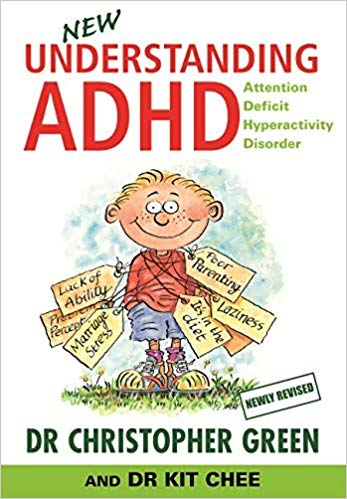
Understanding the causes of ADHD will help you better understand your child's symptoms. If you feel that your child has ADHD, you can be more objective and understand his or her difficulties without putting the blame on your child's parents. You can even take a two-minute quiz to see if you need to see a healthcare provider. Moreover, you can also learn how to manage your emotions when your child has an episode. Here are some tips that may help you deal with your emotional responses.
If you have a child who is diagnosed with ADHD, you may have to face a range of negative consequences. Your child might have developed feelings of rejection or apathy before receiving the diagnosis. If you're a parent, you may want to seek professional help. Mental health professionals can help you and your child learn new techniques and attitudes that can make life better for both of you. This article will discuss some of the most common causes of ADHD, and how to address them.
Food intolerances and allergies may be causes of ADHD. For example, if your child has a food allergy or intolerance to gluten, he or she may experience symptoms of ADHD. A small number of kids with ADHD get relief from symptoms of ADHD by changing their diet. In addition, there are many other possible causes of ADHD. You may be at risk for developing this disorder if you have an early or unprotected birth, or if you take drugs during your pregnancy.
The causes of ADHD are not easy to discover. While it is possible that some of your child may have a disorder of attention-deficit hyperactivity disorder (ADHD) or a more serious condition, doctors must rule out a wide range of other factors before a diagnosis can be made. When your child is diagnosed with ADHD, your child's behaviors, health, and activities may not be normal for their age. Some teachers and employers may also dismiss the child as unmotivated, lazy, or underachieved.
Psychosocial factors play an important role in the development of ADHD. Although the living conditions of the child can affect the severity of symptoms, the family structure, high media consumption, and a lack of structured daily routine may all contribute to this disorder. However, the biological cause of ADHD is a metabolic disorder of the brain. Genetic factors may also contribute to the onset of the disorder. The physical manifestations of the disorder depend on the underlying genetics.
A diagnosis of ADHD should be made by a healthcare professional. It is important to seek treatment before your child is diagnosed. Some of the signs of depression may be the same as the symptoms of ADHD. While early treatment is the most effective way to treat your child, if you suspect your child is suffering from depression, you can talk to a mental health professional to develop a treatment plan that works for the whole family. In addition to talking to a healthcare provider, you and your child should also be aware of any signs of behavioral problems.
In addition to the physical symptoms of ADHD, the disorder can be difficult for parents to cope with. Fortunately, there are many treatments for ADHD. If you suspect your child has ADHD, consult a doctor immediately. Your healthcare professional will be able to give you some advice about treatment and help you overcome any problems you and your baby may be facing. A professional can also help you understand the different types of behaviors that this condition can lead to.
If your child has symptoms of ADHD, it is important to seek treatment as soon as possible. Often the most effective treatment is a combination of behavioral and medication treatments. Treatment should be tailored to the needs of your child and your family. For example, if your child is having a tantrum or has poor concentration, behavior therapy will be most effective. If you have symptoms of depression, you should seek medical help as soon as possible at diariolarepublica.org.mx.
Food allergies and food intolerances can be causes of ADHD. Some people have gluten intolerance, which is a dietary trigger for ADHD symptoms. In some cases, your child's diet may be the cause of his ADHD. In such cases, you should consult your doctor immediately. There are some nutritional deficiencies that can cause ADHD in a child. They should be treated as quickly as possible. Your doctor can help you identify these symptoms and determine the most appropriate course of treatment.